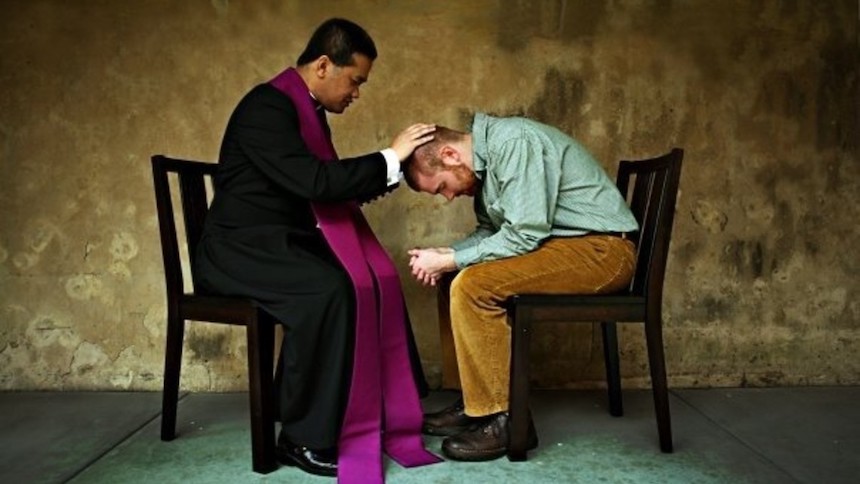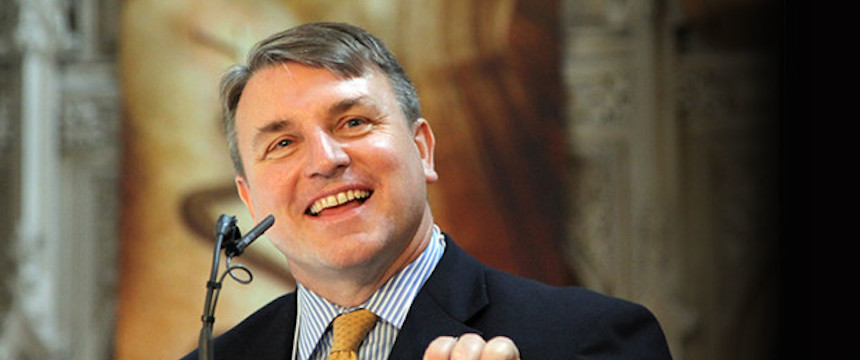C.S. Lewis on Catholicism and schism

TO FATHER PETER MILWARD, sj: On the evil of Christian disunity; and on prayer and cooperation in works of charity as the means of reunion.
6 May 1963
Dear Padre,
You ask me in effect why I am not a Roman Catholic. If it comes to that, why am I not—and why are you not—a Presbyterian, a Quaker, a Mohammedan, a Hindu, or a Confucianist? After how prolonged and sympathetic study and on what grounds have we rejected these religions? I think those who press a man to desert the religion in which he has been bred and in which he believes he has found the means of Grace ought to produce positive reasons for the change—not demand from him reasons against all other religions. It would have to be all, wouldn’t it?
Our Lord prayed that we all might be one ‘as He and His Father are one’ [John 17:21]. But He and His Father are not one in virtue of both accepting a (third) monarchical sovereign.
That unity of rule, or even of credenda [things to be believed], does not necessarily produce unity of charity is apparent from the history of every Church, every religious order, and every parish.
Schism is a very great evil. But if reunion is ever to come, it will in my opinion come from increasing charity. And this, under pressure from the increasing strength and hostility of unbelief, is perhaps beginning: we no longer, thank God, speak of one another as we did over 100 years ago. A single act of even such limited co-operation as is now possible does more towards ultimate reunion than any amount of discussion.
The historical causes of the ‘Reformation’ that actually occurred were (1.) The cruelties and commercialism of the Papacy (2.) The lust and greed of Henry VIII. (3.) The exploitation of both by politicians. (4.) The fatal insouciance of the mere rabble on both sides. The spiritual drive behind the Reformation that ought to have occurred was a deep re-experience of the Pauline experience.
Memo: a great many of my closest friends are your co- religionists, some of them priests. If I am to embark on a disputation—which could not be a short one, I would much sooner do it with them than by correspondence.
We can do much more to heal the schism by our prayers than by a controversy. It is a daily subject of mine.
From The Collected Letters of C.S. Lewis, Volume III
Compiled in Yours, Jack
The Collected Letters of C. S. Lewis, Volume III: Narnia, Cambridge, and Joy 1950-1963. Copyright © 2007 by C. S. Lewis Pte. Ltd. All rights reserved. Used with permission of HarperCollins Publishers. Yours, Jack: Spiritual Direction from C. S. Lewis. Copyright © 2008 by C. S. Lewis Pte. Ltd. All rights reserved. Used with permission of HarperCollins Publishers.







